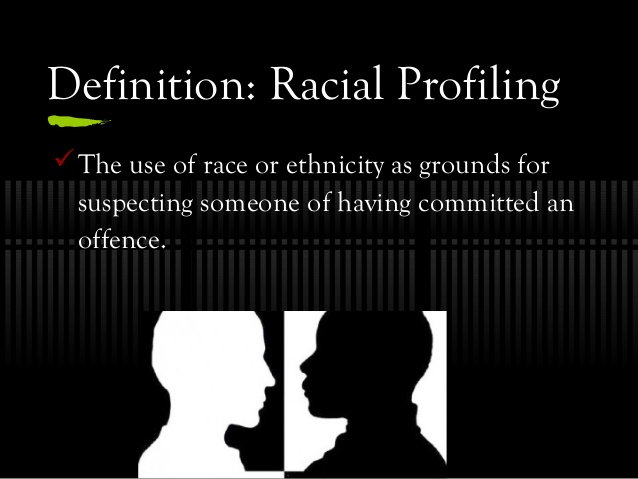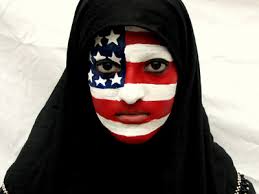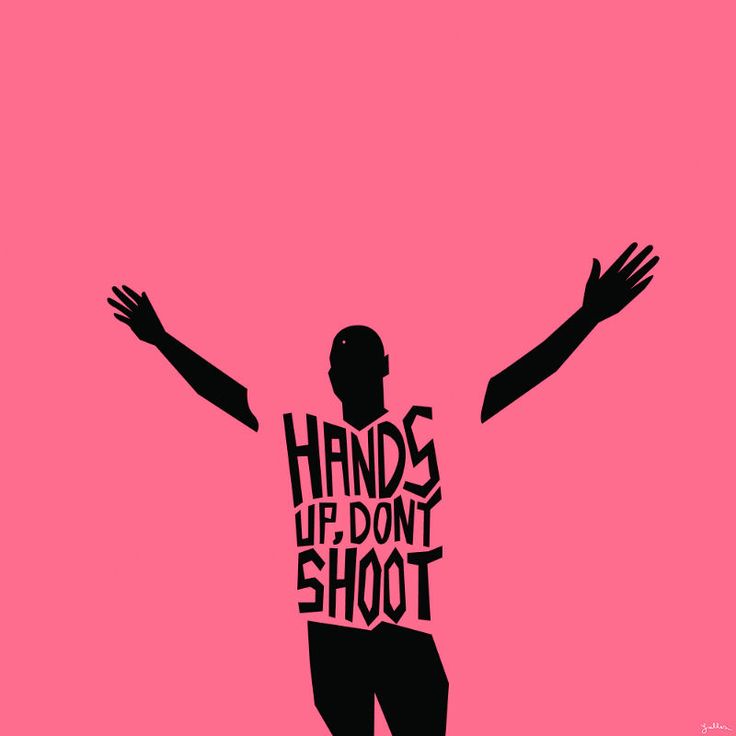TUJ Lecture Series: New World Law & Order
Recent political protests worldwide highlight the seemingly endless struggle between government interests in preventing crime, maintaining public order and protecting national security balanced against negatively impacting individual civil liberties and minority communities.
Be sure to check out the upcoming Temple University, Japan Campus Lecture Series, New World Law & Order: Profile, Protest, and Social Justice hosted by TUJ's Beasley School of Law and the Institute of Contemporary Asian Studies.The lecture series of symposia will address "the current state of race relations and policing within the broader context of the criminal justice system. The goal is to foster an open dialogue on how law enforcement serves and protects communities, the tension between minority communities and local police, and the public’s response to social injustices particularly against minorities through political protest movements. Promoting interdisciplinary and international perspectives, this series should provoke and encourage constructive discussion on these critical societal issues."
[ad]
Symposia: Lecture 1 - February 23, 2017: Racial Profiling Under the Color of Law
Lecture 1 - February 23, 2017: Racial Profiling Under the Color of Law
Is racial profiling an effective law enforcement tool, an unequivocal infringement on civil liberties, or something in between? Law enforcement has wide latitude in determining how to seek out, deter, and stop crime. One of the more controversial tools in the enforcement community is the use of race as a key factor for who to stop and question about the lawfulness of his or her conduct. Laws such as Arizona's Anti-Immigrant Act or New York's Stop and Frisk policy have at their core racial profiling for crime prevention. They are constantly under challenge by civil rights group for their disparate impact on communities of color. In today's politically-charged climate, where fatal shootings of both suspects and police have ignited civic demonstrations, mobilized civil liberties groups, and engaged government oversight agencies, the question remains: are profiling practices effective or do they criminalize race - sometimes fatally - under the appearance of keeping the peace? Panelists will address the provocative question of race-based policing, weighing its effectiveness against concerns for public safety and individual rights.
 Lecture 2 - March 13, 2017: Muslim Surveillance in the Name of National Security
Lecture 2 - March 13, 2017: Muslim Surveillance in the Name of National Security
As the world faces the persistent threat of terrorism, nation-states are grappling with how to combat terrorism and ensure the security of citizens and sovereign borders. The 9/11 attacks brought on the "War on Terrorism," and with it a sharp rise in anti-Muslim sentiments. Governments are making sweeping changes to domestic and foreign policies, including instituting surveillance programs targeting Muslims, closing borders to refugees, extreme vetting of Muslim immigrants, and most recently, President Trump's order barring travelers of Muslim-majority countries from entering the United States. The justification for these hard-line policies falls under the guise of national security. This panel debates the merits of government policies aimed at the surveillance of Muslims in the U.S. and Japan, and examines the legalities of such instrumentalities. In this lecture, the panel weighs the impact of Muslim profiling on guaranteed civil liberties against fighting terrorism and protecting national security.
Lecture 3 - April 5, 2017: #vivalarevolucíon: New Millennium Political Protests
The recent wave of protests around the world reflect this generation's struggles for economic, social, and political justice. Protests are changing from unstructured acts of civic demonstration to organized movements demanding social and political revolution through outcries of "Hands Up, Don't Shoot," "We Are All Muslim," and "We Are The 99%," by way of examples. While these traditional forms of street protests have an enduring place in our societies, the advent of the internet and social media takes these movements from being isolated incidents to uniting the world on human rights issues that affect us all. These burgeoning social movements have some immediate impact; however, systemic transformation takes time and requires clear mandates for future action. The key question then becomes—how to take social and political activism from the streets to affect real change? This lecture examines these issues and analyzes the unique characteristics of social movements in the 21st century, their effectiveness, and the influence of technology to further or hinder a movement's capability to ignite change.
Time: 7:00 p.m. - 9:00 p.m for each lecture. Doors open at 6:30 p.m.Event Page: http://www.tuj.ac.jp/law/events/2017/0223.htmlEvent Registration (Free and open to the public): Click HereVenue: Temple University, Japan Campus, Student Parliament Lounge (Access)
- The Beasley School of Law at Temple University, Japan Campus
- Institute of Contemporary Asian Studies at Temple University, Japan Campus
<Notes> CLE Credit: No CLE credits will be provided for this event. This event will be held in English.
[ad]


